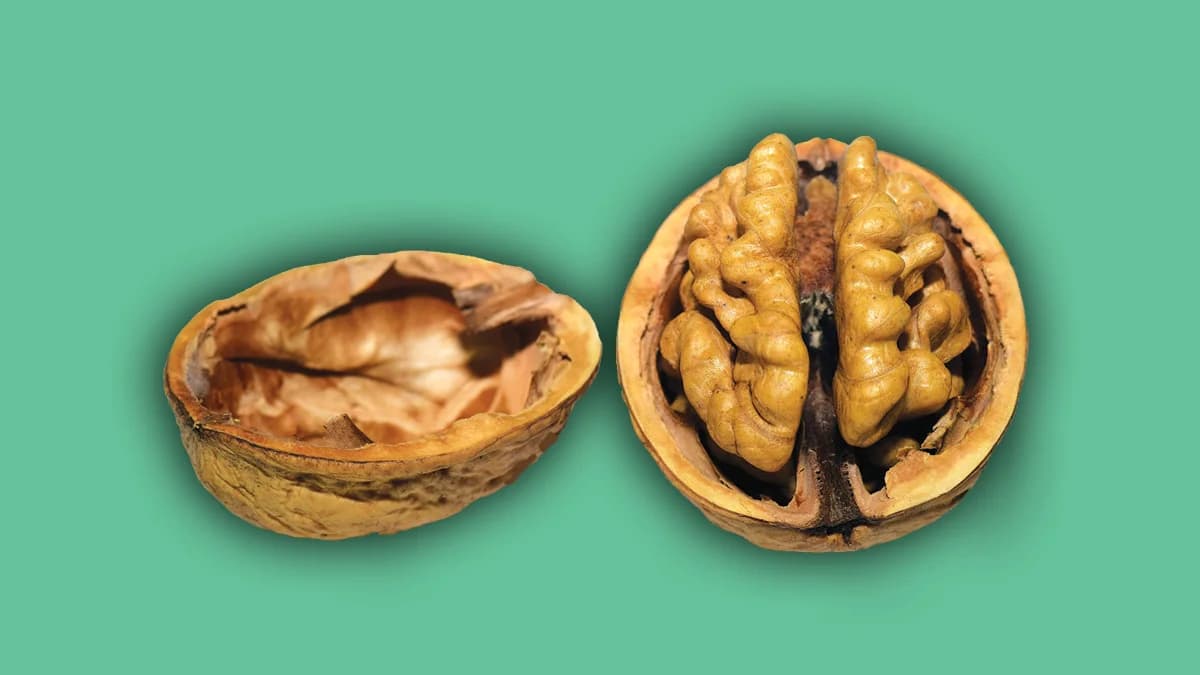Brain Plasticity
18. oktober 2023 kl. 09:57 · 4 minutter å lese

The Brain is like Play-doh.
Beliefs and theories about the way in which the brain works have evolved significantly through recent years. Historically, academics believed that the brain was unchangeable and people who were suffering from mental illness were incurable. However, today we are certain that the brain has the remarkable capacity to create new connections and it has the ability to change as a result of experience; this is called brain plasticity.
The human brain is said to be composed of nearly 86 billion neurons. Academics suggested that brain plasticity “appears to be the physiological basis for the possibility of transforming our minds.” There are certain factors that play a key role in brain plasticity such as our age and environment. Throughout your lifetime, your brain grows and re-organises itself. This can occur as a result of learning, memory formation or even injuries. Usually, the brain in its development stages tends to be more sensitive towards changes. However, the adult brain also has a great ability to change and adapt to new environments.
Your brain also changes whenever you are learning something new: Think of taxi drivers who often memorise entire cities. To remember all roads in a city, they are exercising particular parts of their brain.
The way you think influences the way you feel.
Brain plasticity may not always be beneficial. In some cases, certain brain injuries can lead to significant negative effects on the brain and behaviour.
There are some cases of people who “wire’ themselves to think negatively. This is often a consequence of a range of negative circumstances that have happened to an individual over a significant amount of time and directs people into negative thinking habits. Furthermore, their brain’s neurons and connections adapt to it and make negative thinking much more convenient and accessible for an individual. These could be examples of people who may become more susceptible to mental health problems such as depression or anxiety disorder.
Negative thoughts tend to make it difficult to process thoughts and hinders creative ability. Fortunately, the human brain is capable of being “rewired” toward positive thinking. Most importantly, there is always the possibility to change your brain habits and adapt to healthier patterns of your thinking. Mobilising thoughts, awareness and practising new ways of thinking can reshape our nerve cells.
You are not stuck with the brain you’re born with.
Writer Debbie Hampton described brain plasticity as allowing you to "change your life and make happiness a reality. You can go from being a victim to a victor. It’s like a superpower. It’s like having X-ray vision.” The way in which your brain changes in response to things that happen in your environment could be called remarkable by many. This phenomenon leads us to be better at sport despite injuries, better at work through the effort we put in everyday practice. Furthermore, we can learn how to change our taste - even convincing ourselves to start enjoying broccoli.
This incredible power of mind helps to treat eating disorders, mood disorders and lower the risk of dementia. There is a whole range of effective strategies that can help you to “rewire” your brain whenever you are stuck in the cycle of negative thinking. Our thoughts can change the structure and function of our brains; practices like yoga, meditation, visualisation, diet and the maintenance of a positive mental attitude can improve your brain plasticity.
Make your brain better
Getting enough good quality sleep is the first step to improving your memory and learning processes. The continuation of learning new things is key to enhancing your brain function at any age. It is important to expand your interests and do things which you haven’t done before. This could be learning a new language, attending modern dance classes or learning a musical instrument.
Engaging in art was found to strengthen brain function that is responsible for controlling attention and focus. The brain benefits from learning the way your body benefits from exercise. Stress, in particular, is an enemy of a healthy brain. Specifically, it often diminishes the plasticity of the brain. You can try and reduce stress in your life by practising mindfulness or yoga. These activities are especially effective in controlling ongoing stress responses. Setting meaningful and achievable goals is very important for your brain to stay in a good shape. The process of goal setting is key to encouraging and motivating yourself to learn; this can challenge you and awaken your passions. A healthy diet is a very important factor as well.
You can reshape your life by reshaping your brain. You can break the negative thinking circle by exercising your brain and changing your thinking patterns. You can increase your brain plasticity at any age by following steps listed above and implementing them into your life.

